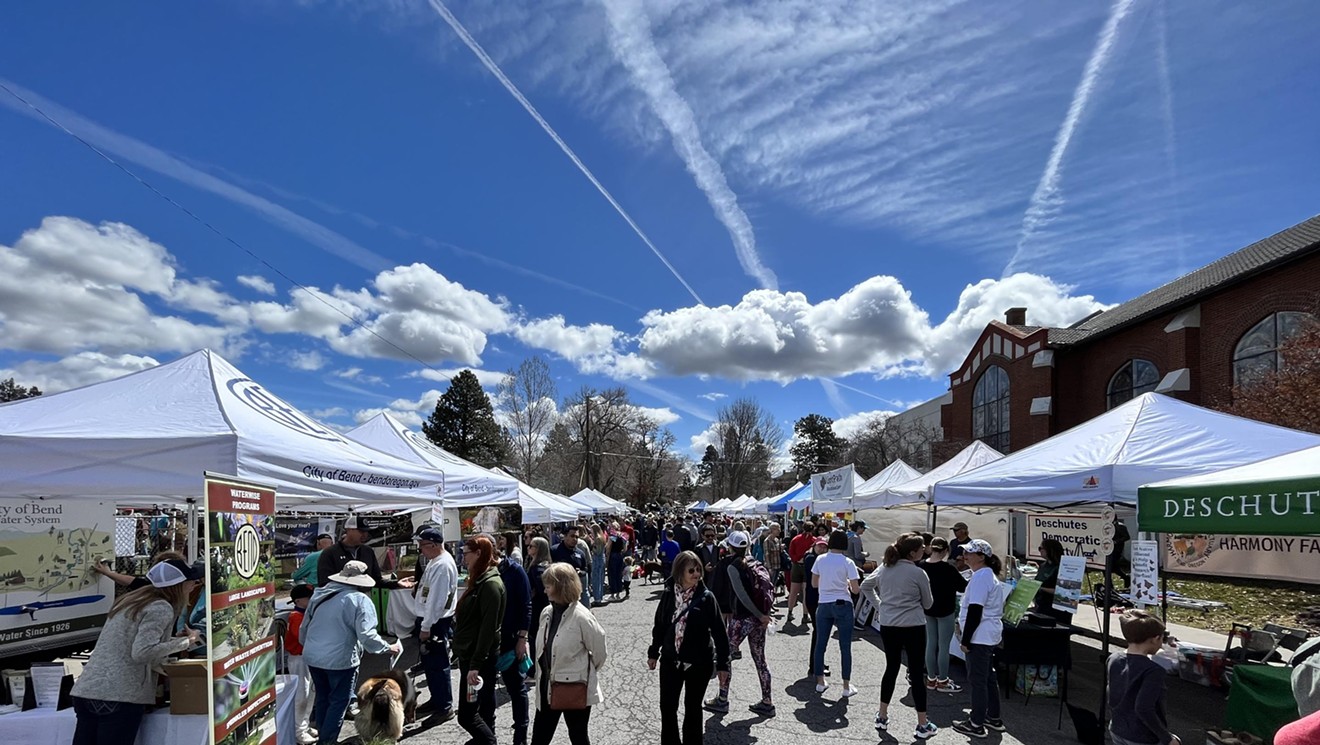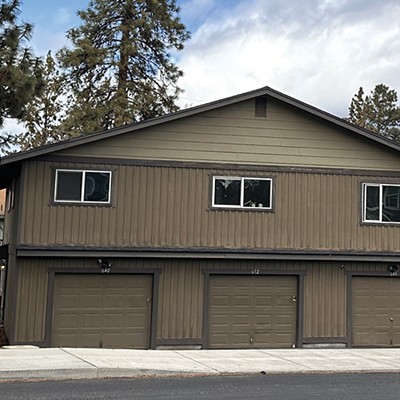Many areas of law are murky, but the law governing access to Oregon rivers and their banks is a veritable Okefenokee Swamp. We can't blame state legislators for wanting to clear the waters a little, but the approach they're taking could end up seriously limiting recreational users' rights - while leaving the legal situation as muddy as it is now.
Under Oregon statute, a river and its banks up to the high water mark belong to the public if the river is deemed "navigable." But it takes a long and complicated bureaucratic process to achieve the "navigable" designation. So far, Oregon has only 12 officially "navigable" rivers.
In practice, though - a practice upheld in various court cases - a river is navigable if boats can travel on it. The conflict between statute law and case law has led to endless (and sometimes near-violent) confrontations between fishermen, rafters and other recreational users and riverfront property owners who look on them as trespassers.
Enter state Sen. Alan Bates, D-Ashland. Bates has introduced a bill that would create what he's described as a "floating easement" to guarantee recreational users the right to access the state's rivers from bank to bank.
So far, so good. The hangup is that under Bates's bill, the river beds and banks would remain private property. In fact, stretches of rivers that have been officially declared "navigable" and therefore public property - including, recently, the John Day and part of the Rogue - could revert to private status.
Critics point out that a law similar to what Bates has in mind was passed in Montana almost 25 years ago, after riverfront property owners actually began stringing barbed wire across rivers to keep fishermen and boaters from passing.
A law enacted in 1985 put an end to that outrage, but not to legal wrangling over who could use the rivers and where. For example, according to the conservation group Montana River Action, "Landowners in Madison County built elaborate barbed wire fences that attach to public bridge abutments with the purpose of keeping fishermen, floaters and recreationists from accessing public streams."
In 1995, responding to a public outcry, the Madison County Commissioners prohibited such fences. But the following year the commissioners were sued by landowners, and in 1997 they rescinded the ordinance. Spearheaded by property-rights groups such as the Mountain States Legal Foundation (founded by James Watt, Ronald Reagan's notorious Secretary of Interior), the legal back-and-forth over access to Montana rivers still continues.
The state legislature is expected to take up Bates's bill when it convenes for a special session in February. While we believe Bates has the right intentions, his approach to this problem is wrong.
The right approach is to enact a law declaring that all navigable rivers - and we mean "navigable" under the common-sense definition - are, like Oregon's beaches, owned by the public and open to public enjoyment. We hope the legislature will come up with a bill like that someday.
Until it does, we're afraid we have to give Senator Bates's effort THE BOOT.


























